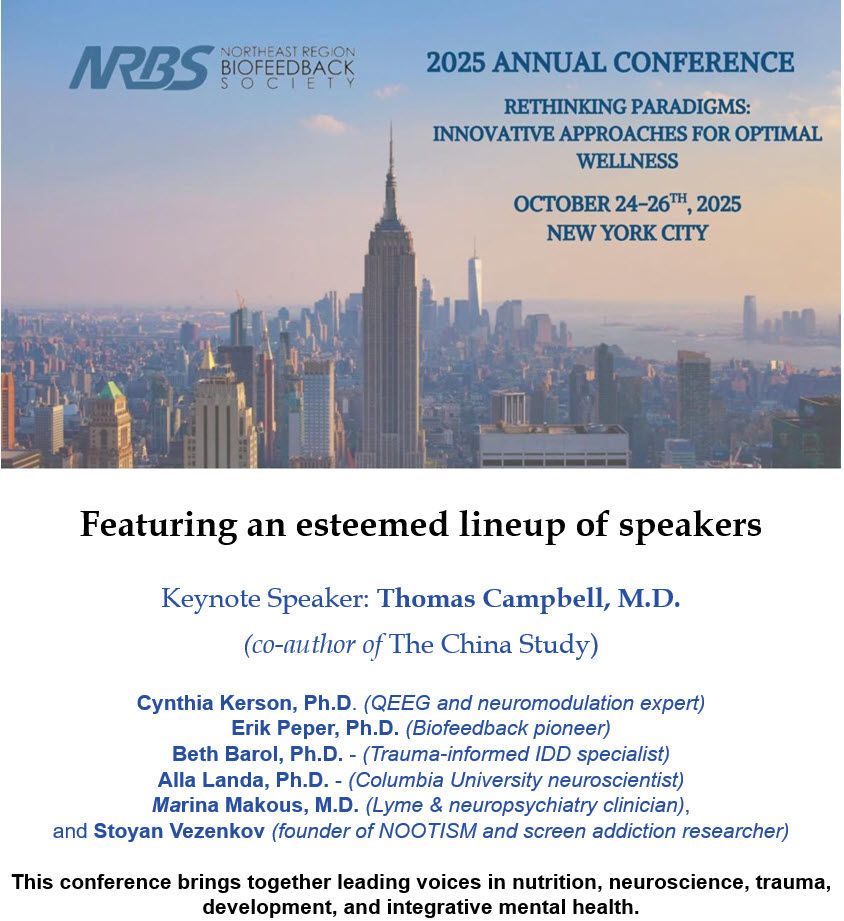Breaking News: Beta Blockers May Not Help Post-MI Patients
- Fred Shaffer
- Sep 3, 2025
- 4 min read
Updated: Sep 16, 2025

A landmark study is shaking up cardiology practice worldwide.
The REBOOT Trial, led by renowned cardiologist Dr. Valentin Fuster at Mount Sinai and Spain's CNIC, has found that beta blockers, prescribed routinely after heart attacks for four decades, provide no clinical benefit for patients with uncomplicated myocardial infarction and preserved heart function.
The Beta Blocker Study That Changes Everything
This international trial enrolled 8,505 patients across 109 hospitals in Spain and Italy, making it the largest clinical trial ever conducted on this topic. Participants were randomly assigned to receive or not receive beta blockers after discharge, with all patients receiving standard care otherwise. After nearly four years of follow-up, researchers found no significant differences in death rates, recurrent heart attacks, or heart failure hospitalizations between groups.
Women Face Higher Risk
Perhaps most striking: a substudy published in the European Heart Journal revealed that women treated with beta blockers actually had worse outcomes, experiencing a 2.7% higher absolute risk of mortality over 3.7 years compared to women not receiving the drugs.
This increased risk was specifically seen in women with completely normal cardiac function post-MI. Men showed no such increased risk.
Why Now?
Dr. Borja Ibáñez, the study's principal investigator, explains the rationale: "Today, occluded coronary arteries are reopened rapidly and systematically, drastically lowering the risk of serious complications like arrhythmias. In this new context, where heart damage is smaller, the need for beta blockers is unclear."
The medications were originally added to post-MI protocols when they significantly reduced mortality, but modern interventional cardiology has transformed the landscape. With rapid reperfusion now standard, the historical benefits may no longer apply.
Clinical Impact
Currently, over 80% of uncomplicated MI patients are discharged on beta blockers. This study suggests we may be exposing patients to unnecessary side effects, fatigue, bradycardia, and sexual dysfunction, without clinical benefit.
Bottom Line
The REBOOT findings represent one of the most significant advances in heart attack treatment in decades and will likely reshape international clinical guidelines. As Dr. Fuster notes, this joins other practice-changing trials from his team, including SECURE (polypill) and DapaTAVI studies.
For healthcare professionals, this challenges us to reconsider long-held assumptions and optimize treatment based on contemporary evidence rather than historical precedent.
Key Takeaways
Practice-Changing Evidence: The REBOOT trial challenges 40 years of standard care by demonstrating that beta blockers provide no clinical benefit for patients with uncomplicated heart attacks and normal heart function, potentially eliminating unnecessary side effects for over 80% of current post-MI patients.
Gender-Specific Risk: Women with preserved heart function who receive beta blockers after a heart attack face a significantly higher risk of death, heart attack, or heart failure hospitalization compared to women not receiving these medications, while men show no such increased risk.
Modern Medicine Context: Advances in interventional cardiology, including rapid coronary artery reopening, have fundamentally changed the post-heart attack landscape, making historically beneficial treatments like beta blockers potentially obsolete in the current era of care.
Glossary
arrhythmias: irregular heartbeats that can be life-threatening, particularly common after heart attacks before modern interventional treatments.
beta blockers: medications that block the effects of epinephrine (adrenaline) on the heart, traditionally prescribed after heart attacks to reduce heart rate and blood pressure.
bradycardia: abnormally slow heart rate, typically defined as fewer than 60 beats per minute, which can be a side effect of beta blocker medications.
heart failure: condition where the heart cannot pump blood effectively to meet the body's needs, often measured by hospitalization rates in clinical studies.
left ventricular ejection fraction: measurement of how much blood the left ventricle pumps out with each contraction, expressed as a percentage; normal is typically 50% or higher.
myocardial infarction (MI): a heart attack, occurring when blood flow to part of the heart muscle is blocked, causing tissue damage.
post-MI: the period following a heart attack, when patients require specific medications and monitoring for complications.
preserved heart function: normal pumping ability of the heart after a medical event, typically indicated by a left ventricular ejection fraction of 50% or higher.
reperfusion: the restoration of blood flow to heart tissue, typically achieved through interventional procedures like angioplasty or stenting in modern cardiac care.
standard of care: established treatment protocols that represent the accepted level of medical practice, based on current evidence and professional guidelines.
uncomplicated myocardial infarction: heart attack without additional serious complications such as heart failure, dangerous arrhythmias, or cardiogenic shock.
Reference
Ibanez, B., Latini, R., Rossello, X., Dominguez-Rodriguez, A., Fernández-Vazquez, F., Pelizzoni, V., Sánchez, P. L., & REBOOT-CNIC Investigators. (2025). Beta-blockers after myocardial infarction without reduced ejection fraction. The New England Journal of Medicine. https://doi.org/10.1056/NEJMoa2504735
Mount Sinai Health System press release, August 29, 2025.
About the Author

Fred Shaffer earned his PhD in Psychology from Oklahoma State University. He earned BCIA certifications in Biofeedback and HRV Biofeedback. Fred is an Allen Fellow and Professor of Psychology at Truman State University, where has has taught for 50 years. He is a Biological Psychologist who consults and lectures in heart rate variability biofeedback, Physiological Psychology, and Psychopharmacology. Fred helped to edit Evidence-Based Practice in Biofeedback and Neurofeedback (3rd and 4th eds.) and helped to maintain BCIA's certification programs.
Support Our Friends










Comments